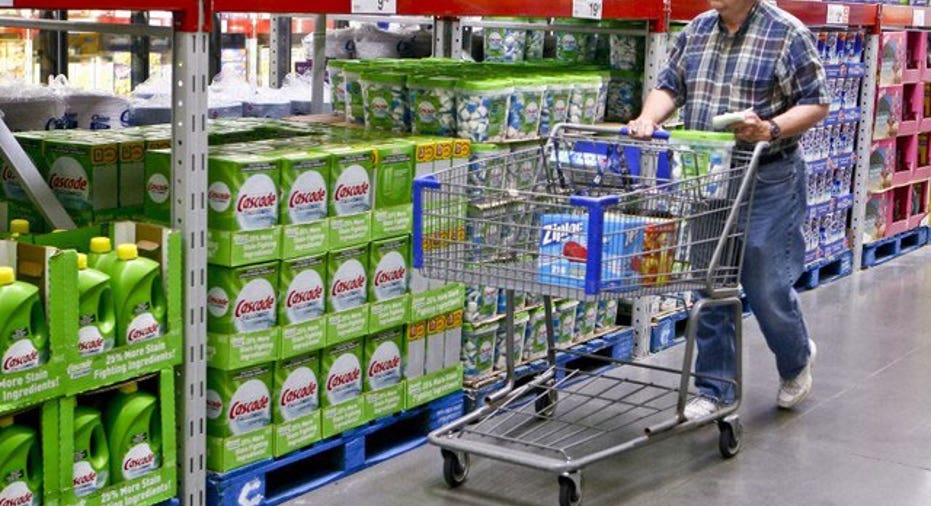Sam's Club partners with Instacart to deliver groceries

(REUTERS/Sarah Conard)
Warehouse chain Sam's Club, a unit of Walmart said on Tuesday it will offer home delivery through Instacart, becoming the latest retailer to partner with the startup since Amazon.com strengthened its push into food sales last year.
Sam's Club said the service will be available to shoppers in Austin and Dallas-Forth Worth in Texas, and St. Louis, who can place orders for everything from fresh produce to small appliances without a membership.
The partnership comes at a time of intense competition and disruption in the grocery industry. Amazon's $13.7 billion purchase of organic grocer Whole Foods last year shook up the industry and has prompted grocery retailers to look for ways to profitably deliver fresh food and pantry items.
The delivery offer is also part of a strategic shift by Sam's new chief executive, John Furner, as he attempts to turn around a business that has underperformed parent company Walmart and rivals like Costco Wholesale. Sam's recently consolidated its membership structure, shut about a tenth of its stores and laid off more than 10,000 workers.
Instacart, a San Francisco-based startup, handles shopping and delivery of groceries from about 200 retailers including Target and Costco. Its app allows shoppers to order groceries from a preferred store and have them delivered in as little as an hour.
Instacart makes money through delivery fees and also through promotions and coupon deals it has with many consumer goods manufacturers. Earlier this month, it raised $200 million in fresh funding, boosting its valuation and providing it with new resources to compete against Amazon.
In October, Walmart, which sells more groceries than any other retailer, bought same-day New York City delivery company Parcel. Walmart offers grocery delivery in many markets via Uber or Deliv and is testing delivery with its own trucks in Denver. Walmart does not directly partner with Instacart.
Amazon has amassed an 18 percent share of the $12.6 billion U.S. online grocery market, mainly through the sale of packaged goods such as cereal and diapers. It is the largest player in a sector that is expected to grow to $41.7 billion by 2022, according to market research firm Packaged Facts.
Walmart comes in at No. 2 with 9 percent, followed by Ahold USA's Peapod at 7 percent, FreshDirect with 6 percent and Instacart at 5 percent, Packaged Facts said.
(Reporting by Nandita Bose in New York; Editing by Leslie Adler)



















